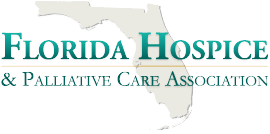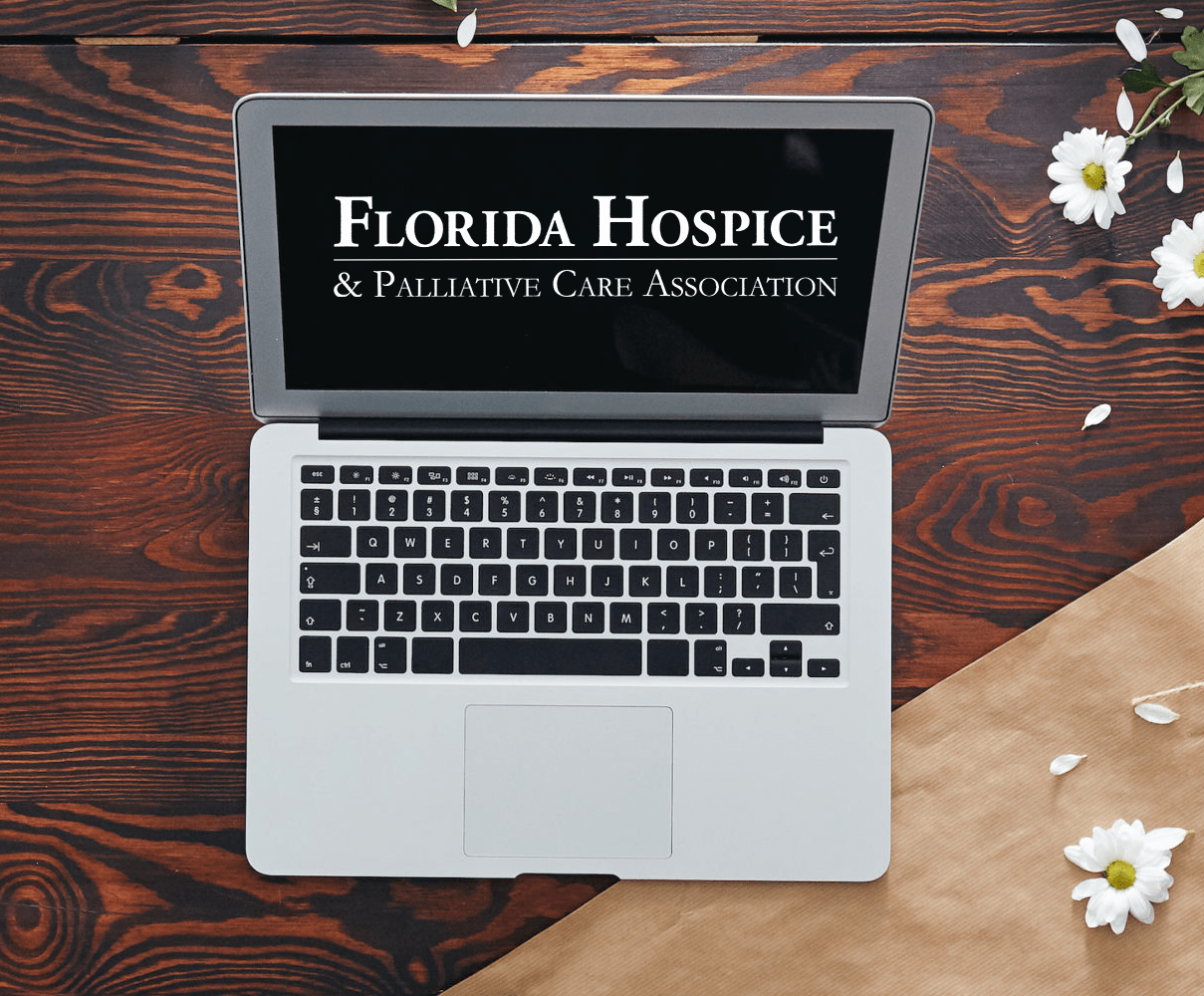About Hospice
Hospice is a special kind of care for people who no longer pursue a cure for their illnesses at the end of life. With hospice, care priorities shift to support patients and the care givers with end-of-life decision-making to reach the best quality possible for each day.
Hospice provides quality care through a team approach and offers a means to achieve what people say they really want at the end of life:
- A choice about services available.
- Someone to be sure the patient’s wishes are enforced.
- Supportive care from the patient’s own physician.
- Emotional and spiritual support for patients and families.
- Pain and symptom control tailored to the patient’s wishes.
- An opportunity for the patient to put his/her life in order.
- The option to remain in their own home, surrounded by loved ones. Help for the family.
FOUR LEVELS OF CARE
There are four levels of hospice care defined by law and paid for by Medicare, Medicaid, and most other insurance plans. Hospice care is available regardless of the patient’s geographical location, and keeps patients in the setting that best meets their needs, wherever they may reside.
The hospice or the attending physician will determine what levels of care is needed using standardized criteria. Not every level of hospice provides 24-hour care. The goal of hospice is to empower the family, by providing the needed support. Not all patients use or need all levels of care. The hospice team and the attending physician determine what levels of care are needed by each patient.
ROUTINE CARE: The patient receives hospice services at home or in a home-like setting, such as nursing home, assisted living facility or a hospice residential facility. The family provides the primary care to the patient with the assistance of the hospice team.
CONTINUOUS CARE: Skilled nursing services that are provided in the patient’s place of residence to help during a crisis period.
INPATIENT CARE: This care is provided in a facility (hospital, nursing facility, or hospice freestanding inpatient facility) for symptoms or a crisis that cannot be managed in the patient’s residence. Inpatient care is provided for a limited period of time, as determined by the physician and the hospice team.
RESPITE CARE: This service is provided in a facility (hospital, nursing facility, or hospice freestanding inpatient facility) and is designed to give caregivers a rest. Respite care is up to five days and nights at a time. This service is often used to provide a break so that caregivers can participate in other family activities, such as holiday celebrations, or just to relieve a tired caregiver for a few days.
THE HOSPICE TEAM Hospice services are delivered on an intermittent basis, as needed by the individual, through a professional hospice team. Services are available 24 hours a day, 7 days a week to provide support and care to patients and family members as needed. The hospice team includes*:
PHYSICIAN: Your personal physician and the hospice physician work together to plan your medical care. They are always in close touch with the other members of the hospice interdisciplinary group.
NURSE: Hospice nurses specialize in palliative care, a special kind of care that keeps pain to a minimum and increases comfort. The nurse is the liaison between the patient and the physician and other health care professionals. The hospice nurse makes intermittent visits to monitor and evaluate your condition. The nurse provides the patient and family with information about the illness and helps manage the pain and symptoms of the disease. Many Florida hospices use certified hospice and palliative care nurses who have obtained specialized training.
MEDICAL SOCIAL WORKER: The social worker is a counselor to the patient and the family. The social worker assists the family with urgent financial needs, insurance and legal issues, and helps them understand the personal and social challenges of illness, disability, and the dying process. The social worker arranges volunteer support and other services in the community which are available as resources.
SPIRITUAL/PASTORAL COUNSELOR: Spiritual issues are an important part of the care of the patient requiring hospice care. Preferences are discussed with the patient and family members. In addition to the support provided by the patient’s church or synagogue, hospice spiritual counselors help patients address life closure and the meaning of life. Assistance with memorial services and funerals is available at the family’s request.
HOME HEALTH AIDE: Home health aides are skilled in helping the patient and caregiver with the personal care of the patient, such as personal grooming, some light housekeeping or meal preparation, and many other duties as needs arise. Aides provide a break for caregivers in the normal routine of personal care and they offer both physical and emotional support. Personal care services are provided to patients on an intermittent basis.
THERAPIST: Physical, occupational, and speech therapists are available through hospice to help a patient maintain comfort or quality of life. Some hospices may also provide complimentary therapies such as music, art, pet and massage.
BEREAVEMENT COUNSELOR: Bereavement counselors provide support to family members before death and after the death of the loved one. Bereavement counselors may provide one-on-one counseling and also organize support groups. Bereavement support includes helping the patient and the patient’s loved ones close out their lives together. Often, the support groups are open to other members of the community who may also be grieving.
VOLUNTEER: Hospice volunteers are members of the community who have special interest and specialized training. Volunteers provide companionship for the patient and relief for the caregiver. Volunteers are very important members of the interdisciplinary group. Patient-family volunteers perform many functions including sitting with patients, running errands for the patient or caregiver, providing emotional support, and relaying information to other members of the interdisciplinary group for follow-up. The volunteer training curriculum includes an introduction to hospice, the patient-family volunteer role, concepts of death and dying, communication skills, care and comfort measures, diseases and medical conditions, psychosocial and spiritual issues related to death and dying, stress management, bereavement, infection control, safety, confidentiality, and patient rights.
*Other professionals may join the hospice team when needed.
CHOOSING A HOSPICE
Choosing a hospice is a very important decision. While all hospice programs may have the same basic philosophy of care, each is different in some ways. Hospice programs are willing to answer questions and assist in determining which hospice can best meet the needs of a particular patient and family. Visit our Choosing a Hospice page for tips on how to select the right hospice for you.
Hospice programs exist throughout Florida. All Florida hospice programs are Medicare and Medicaid certified and fully licensed. No matter where you live, a hospice program is available to provide information and care for you.
Visit our Let Hospice Help page to locate a hospice near you.





Comments are closed.